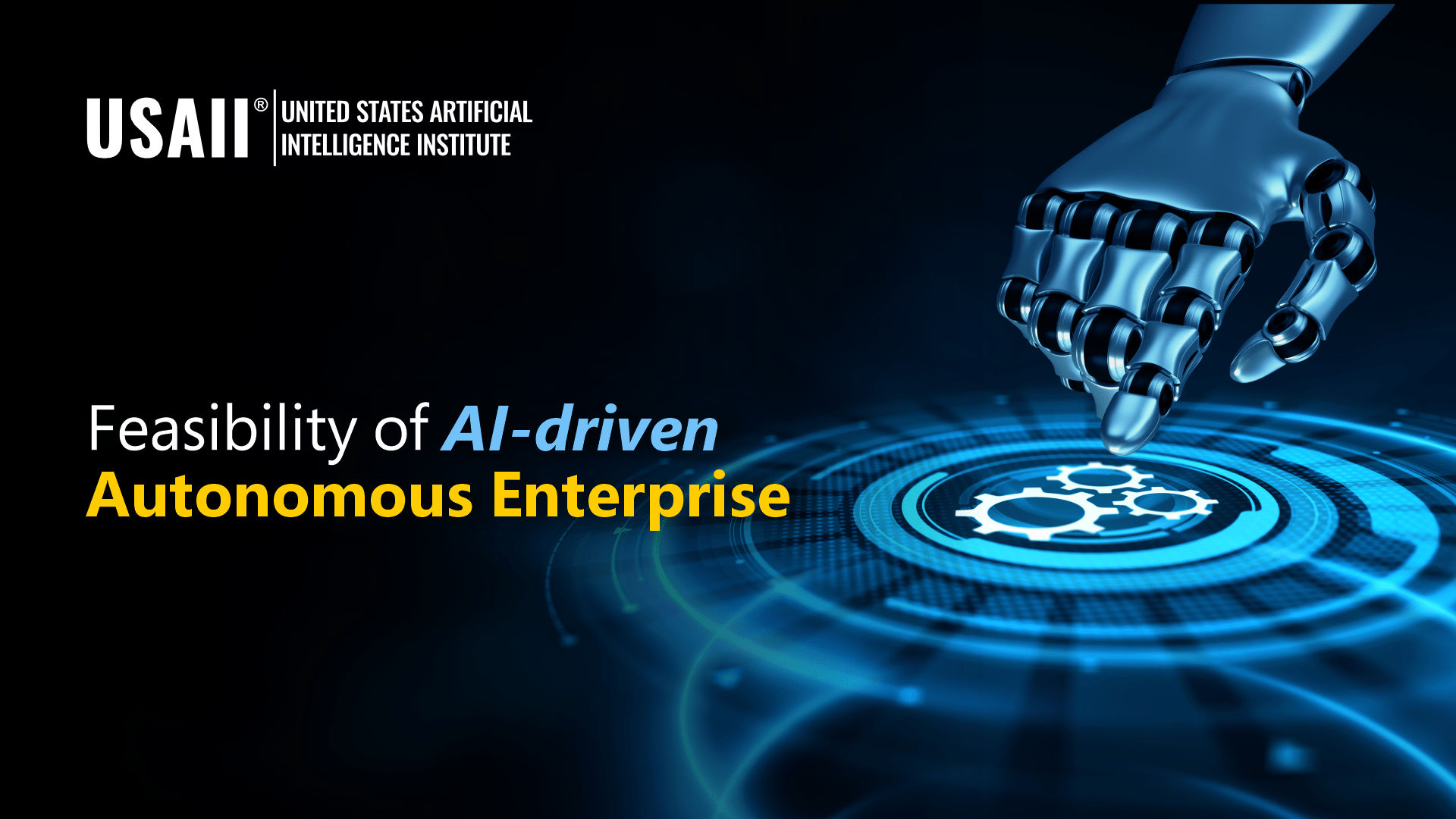
In the era of rapid technological advancements, artificial intelligence (AI) is becoming ubiquitous, weaving itself into the fabric of our lives through various software applications and use cases.
In this context, one of the most intriguing questions is whether a service company can operate without human employees, relying solely on intelligent agents. Imagine the possibilities and the challenges such a scenario could bring.
This blog delves into the feasibility of such a scenario, touches on the technological and societal implications, and contemplates the future of work in an AI-dominated landscape.
The Rise of Intelligent Agents
Before we delve into the feasibility of a fully AI-driven service company, it's crucial to understand what we mean by 'intelligent agents.' These are not just software entities but the future of work. They can autonomously coordinate action in an environment to achieve specified goals. Intelligent agents encompass a range of technologies, from simple bots automating repetitive tasks to sophisticated systems capable of learning and adapting, such as machine learning algorithms and natural language processing models. Understanding them is critical to navigating the AI-autonomous landscape.
Current Capabilities
Today, intelligent agents are already performing numerous tasks across various sectors:
The Near Future, Mimicking Humans – Synthetic Employees
A synthetic employee can be described as intelligent “expert” agent with a persona overlay indistinguishable from an actual person when interacting online. To mimic a human, a "personality layer" will be given to an intelligent agent that offers the appearance and interaction of an actual person. These go beyond existing intelligent agents as they are given “expert knowledge” to navigate their roles. Expert knowledge can be understood as the ability to interact at an extremely high level of competence. Synthetic employees will read human reactions such as tone of voice and body language, adjusting their interaction in response while applying expert knowledge.
As technology evolves, distinguishing between people employees and synthetic employees (intelligent expert agents) represented as humans will become increasingly difficult. The ability to apply expert knowledge while impersonating humans will be a compelling use case for business.
The Vision of a Fully Autonomous Service Company
The notion of a service company without human employees is not entirely far-fetched. Imagine a business where intelligent agents manage all operations, from customer interactions and data processing to decision-making and strategic planning. This vision hinges on several critical technological components:
Technological Implications - Scalability and Efficiency
A fully AI-driven service company could theoretically scale operations without the limitations associated with human resources. AI agents can work 24/7 without fatigue, enabling round-the-clock service and support. Scaling resources up and down as required. Artificial intelligence could lead to unprecedented efficiency and productivity, with machine learning continually optimising processes and learnings.
Innovation and Adaptation
AI systems can analyze vast data to identify trends and opportunities, driving innovation. Autonomous companies could adapt swiftly to market changes, leveraging predictive analytics to anticipate customer needs and adjust strategies accordingly.
Cost Reduction
Eliminating human employees could significantly reduce labor costs, including salaries, benefits, and related expenses. A company without humans would improve effectiveness due to cohesive decision-making organizational-wide, reducing errors and waste.
However, initial investments in AI technology and ongoing maintenance could be substantial. The long-term financial benefits would depend on the balance between these costs and the savings achieved.
Societal Implications - Employment and the Future of Work
The prospect of companies operating without human employees raises profound questions about the future of work. While AI has the potential to create new job categories, it could also lead to significant job displacement. Workers in sectors susceptible to automation might face unemployment or transition to new roles requiring different skill sets.
To offset these changes governments and businesses could collaborate to create policies and initiatives that support workers during transitions, ensuring that the benefits of AI advancements are broadly shared.
Economic Inequality
A fully autonomous service company could exacerbate economic inequality. The wealth generated by such enterprises might accrue to a few owners and investors, while displaced workers face financial insecurity. Addressing this issue requires thoughtful policy interventions, such as progressive taxation, universal basic income, or other redistributive mechanisms. No established economic model exists for this new situation.
Ethical and Legal Considerations
Ethical principles must guide the deployment of AI systems in a fully autonomous company. Ensuring transparency, accountability, and fairness in AI decision-making processes is crucial. Additionally, legal frameworks already give companies similar rights to humans.
Now these companies will start to make decisions independent of humans. This may pose some unique legal issues.
Case Study: The Autonomous Bank
To illustrate the concept of a fully AI-driven service company, let's consider a hypothetical autonomous bank. This bank operates without any human tellers, managers, or analysts. Instead, AI agents handle all functions:
Such a bank could offer personalized, efficient, and secure services, leveraging AI to enhance customer experience and operational efficiency. Customers interacting with such a bank may not know they interact directly with artificial intelligence—"synthetic employees," AI Expert Agents that are so lifelike that they are indistinguishable from humans. This adds to ethical considerations in ways we may not have considered.
The Path Forward
The transition to fully autonomous service companies will not happen overnight. It requires incremental advancements in AI technology, thoughtful consideration of societal impacts, and proactive measures to address challenges. Here are some steps to guide this journey:
company owners and shareholders are held accountable for the actions of their autonomous agents.
Conclusion
The idea of a service company operating without human employees, relying solely on intelligent expert agents, is fascinating and challenging. While it is technologically feasible, realizing this vision requires addressing significant implications for society, the economy, and the legal landscape. By investing in AI research, promoting ethical practices, fostering collaboration, preparing the workforce, and regulating thoughtfully, we can realize the upside of such a concept.
Can we navigate the path toward a future where AI-driven enterprises coexist harmoniously with human workers, enhancing productivity and innovation while ensuring broad societal benefits? Time will tell.
Follow us: